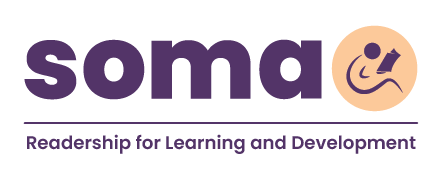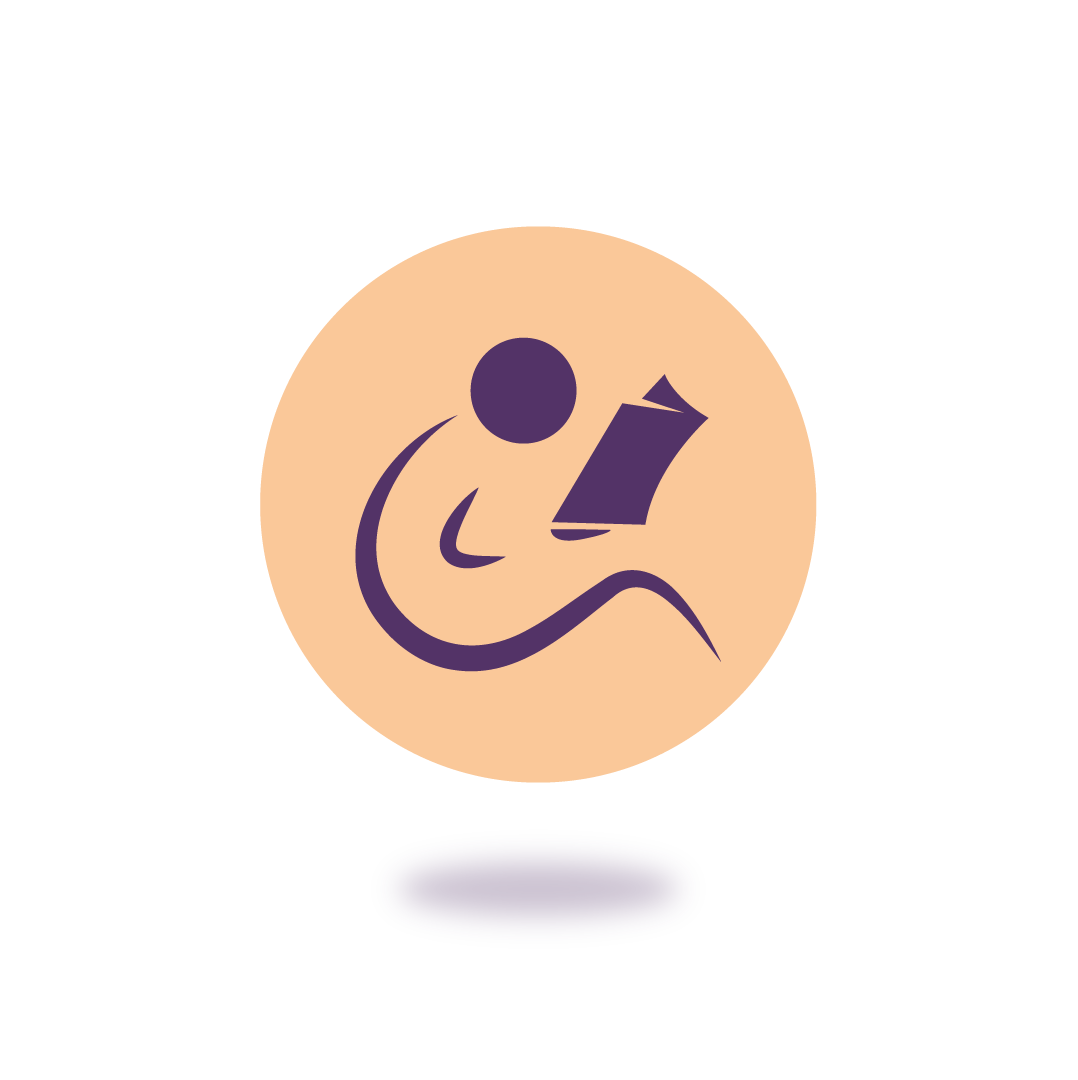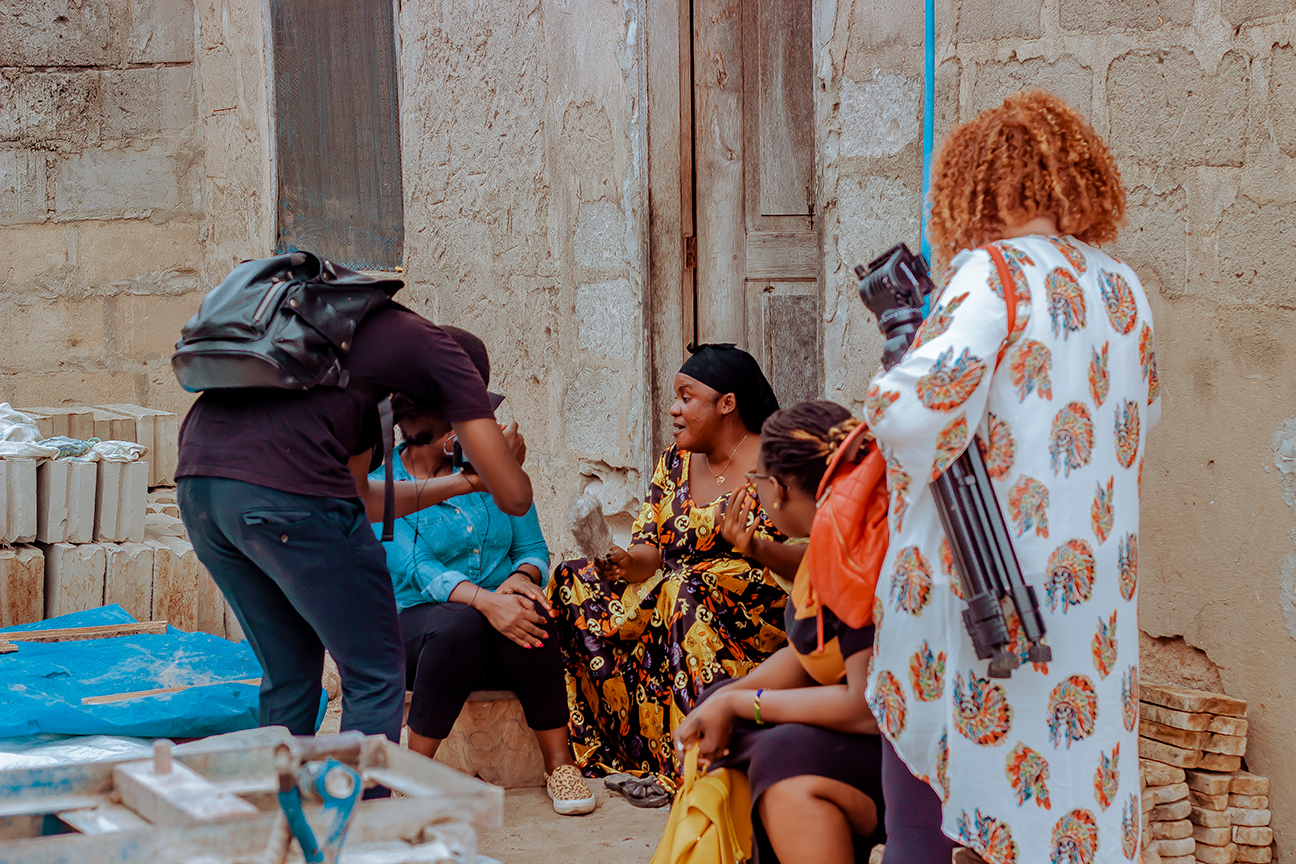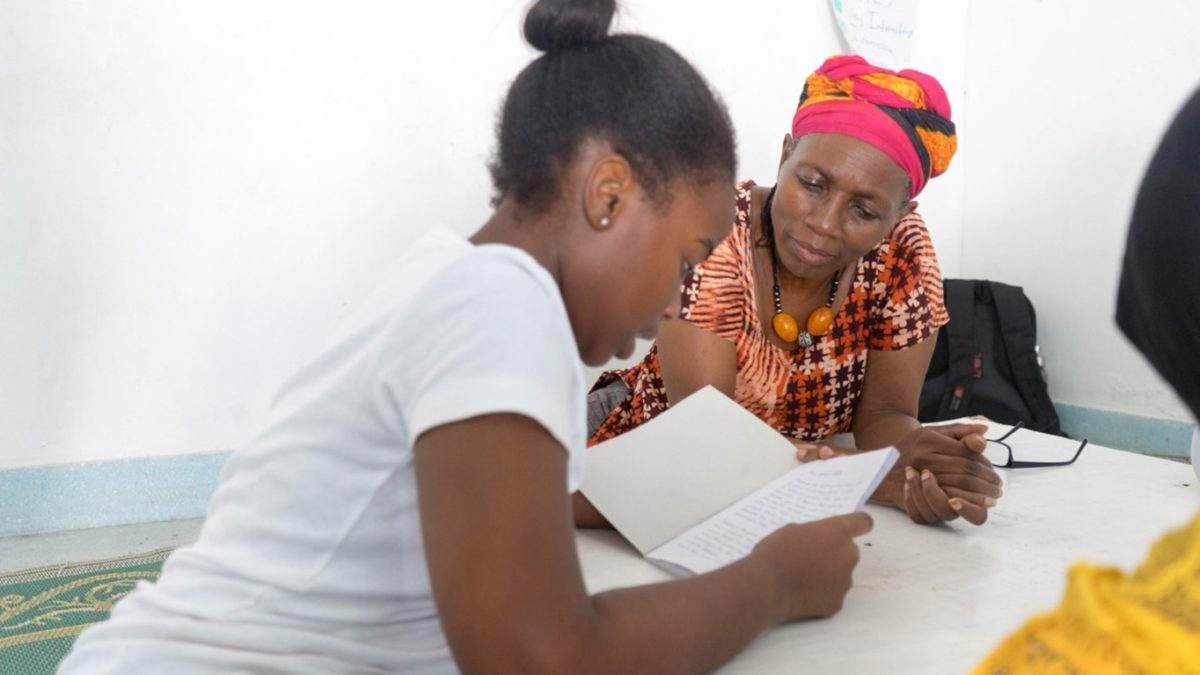
Soma believes strongly in the creative ability of children. It runs a Saturday morning programme called Watoto na Vitabu (Kiswahili for children and/with books). In 2019 with assistance from Neil Butcher & Associates, Soma began a pilot project—the Kalamu Ndogo (little scribes) book series to undertake a research and writing process with children on a pilot basis to generate insights and data on early literacy content creation with and for children. Children wrote, illustrated, and selected the stories they liked best.
Three groups of children from different backgrounds took part in the project—a cohort from the Watoto na Vitabu Saturday programme and two classes from after-school centres in Dar es Salaam. The four children whose stories were selected worked with published authors, illustrators, designers, and other book professionals to turn their ideas and words into a professional product in print and online.
All of the children participated in workshops and brainstormed on story-writing and creativity. They were encouraged to share experiences by talking about their lives and to stretch their imaginations. We used all kinds of prompts—children’s books, including comic books; cuttings from magazines; sketches from a fully illustrated children’s book; and a number of objects like a ball, board games, and objects in the natural environment like twigs or leaves.
We can see how this process inspired the children’s work. Nakiete Mlaki drew her main character after looking at children’s book illustrations. Larry Semiono’s story, The Poor Lady, was partly influenced by a magazine picture of a helicopter. The children also wrote about their lives—feeling different and not belonging, poverty, or dueling co-wives, for example. These are the four prize winners:
• The Lonely Frog by Nakiete Mlaka about a young frog who feels alienated from her peers, but who possesses an unappreciated gift that will save the community. The story was written in English and translated into Kiswahili.
• Chungu cha Ajabu in Kiswahili by Farida Chacha about two friends, a prince and a commoner, who became ensnared in trouble because of the king’s avarice and bad faith. Farida’s story is influenced by traditional African/Arabic folklore.
• The Poor Lady in English by Larry Semiono about an elderly lady who wants to fly and realizes her dream when a wooden stick turns into a flying wooden tray.
• Mbuguma na Nasiru in Kiswahili, by Sharifa Shemputa about two half-brothers braving a journey into the jungle to fetch medicinal plants to save their ailing (and argumentative) mothers’ lives.
The project, which was complicated and ambitious, had its ups and downs. A number of mid-course revisions along the way were necessary. But we were able to accomplish many of our objectives, even with the COVID-19 lockdown in March 2020. We saw that given the right environment, children are as skilled storybook authors as adults are. Kalamu Ndogo was predicated on producing three works in Kiswahili but ended up with four published stories—two in Kiswahili, two in English.
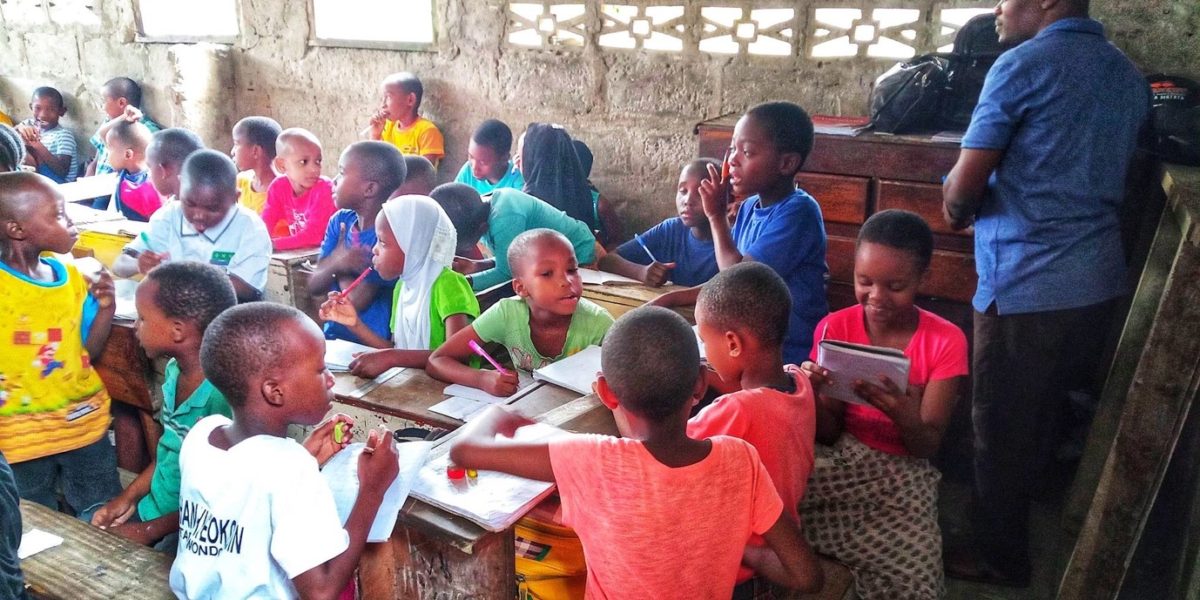
A case study on this project will be found here at the Soma Book Café website and here at the Early Learning Resource Network website.
All of the stories, except for the one by Farida, are at StoryWeaver and at Soma Book Café. They carry a CC BY licence.
Please send us your comments about our work and the stories. We welcome sharing and translation
